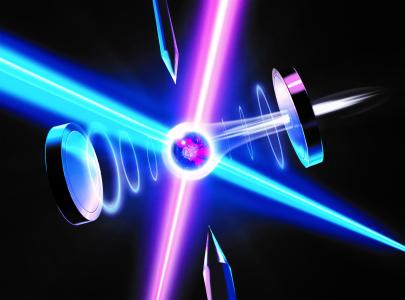Quantum Metrology for Space-Based Tests of Gravitational Physics

Testing the validity of general relativity at cosmological and microscopic scales is a challenging open question. The impediment at cosmological scales is our lack of understanding of dark matter and dark energy. At microscopic scales, it is the unknown effect of gravity on quantum mechanics. Recently, space-based matter wave interferometers have been proposed as candidates for addressing certain aspects of both these problems. The MAcroscopic Quantum ResOnators (MAQRO) mission, for instance, can be used to directly detect dark matter and to experimentally bound the effects of gravitational decoherence on quantum superpositions. These phenomena manifest themselves as phase and dephasing in the quantum state of the interferometer.
This study investigated the enhancements that quantum metrology can provide in the detection of dark matter and the gravitational decoherence in matter wave interferometers. The methodology used principles of quantum estimation theory. Using their recent results in this area, the team designed the optimal and attainable strategies for detecting phase and dephasing simultaneously in matter wave interferometers. They evaluated the performance of input states such as thermal squeezed states and proposed optimal detector designs. The objective was to attain in practice a performance as close as possible to the in-principle limits.
